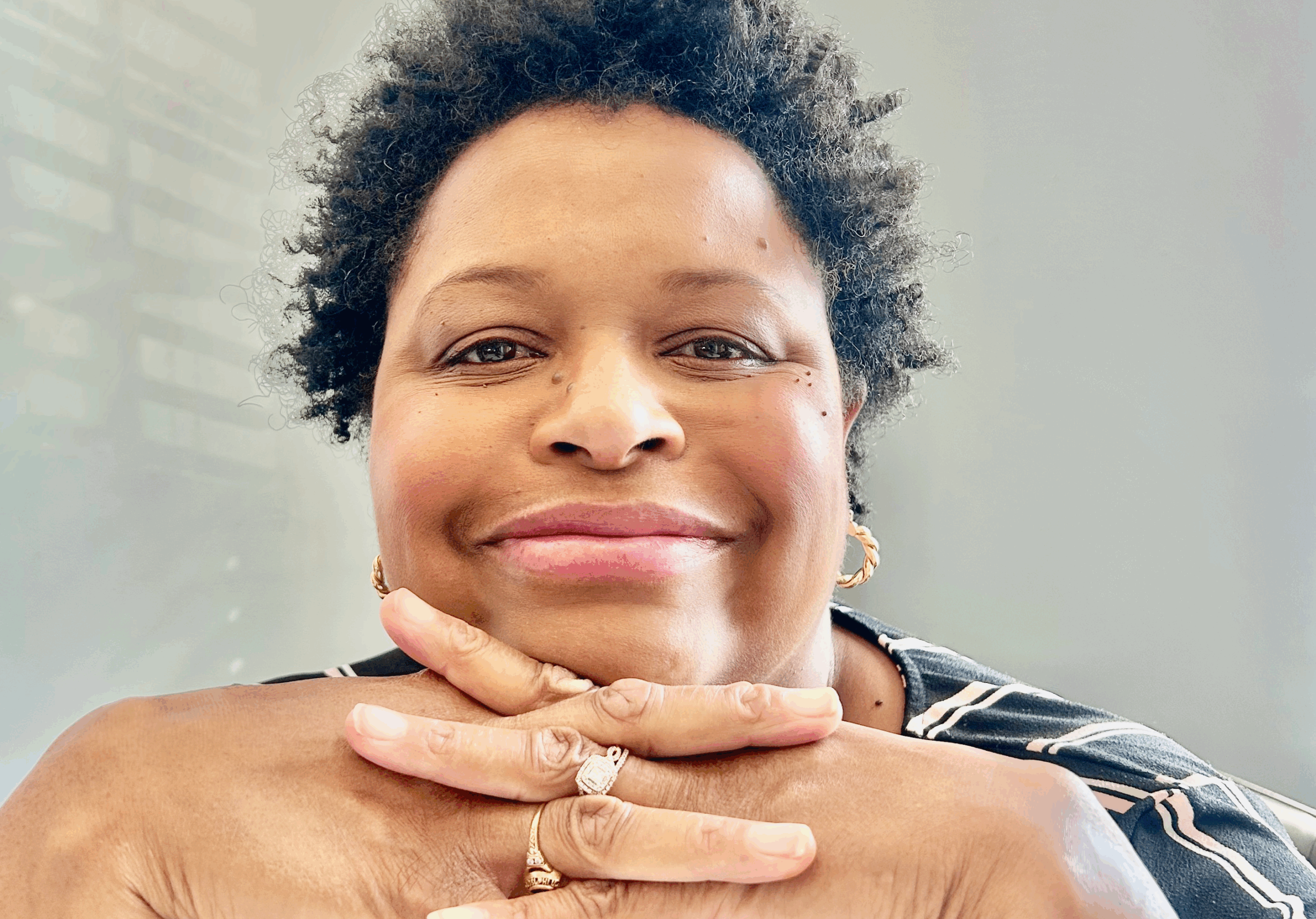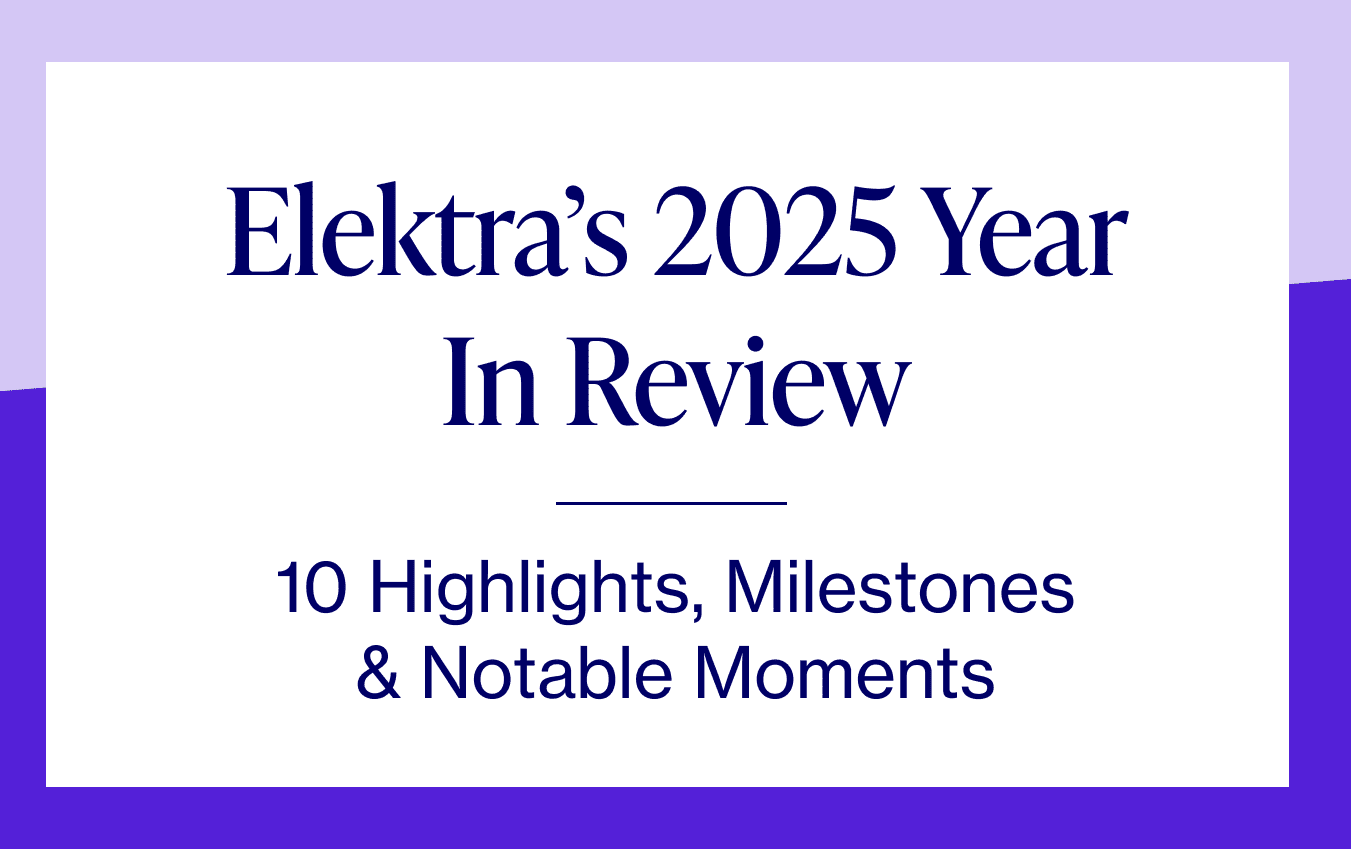
Published on Nov 19, 2025
Last modified on Dec 22, 2025
Meet Rewa Thompson, DNP, WHNP-BC, MSCP: Educator, Advocate, and Champion for Women’s Health Equity
4 min read
Elektra Health is thrilled to have Rewa Thompson on our clinical team. Rewa is a board-certified Women’s Health Nurse Practitioner and Doctor of Nursing Practice who is also certified by The Menopause Society. Her extensive background in women’s health includes 30 years working at Planned Parenthood of Greater New York, where she specialized in reproductive care services. She believes that all patients should be well-informed so that they can make the best decisions regarding their care.
What inspired you to go into medicine?
I didn’t originally plan on going into medicine. I was guided into nursing, and once I became a nurse, realized how much I liked working with people in the outpatient setting, educating and empowering them, and that what I really wanted was to be a nurse practitioner.
How does that education component show up in your clinical practice?
This year is my 30th anniversary working at Planned Parenthood, and my time there has shown me that a lot of patients are looking to feel both heard and taught. I like to break things down in a way that patients can understand — sometimes I go back to the basics with anatomy and physiology, which opens up a conversation. I want to connect with patients, to make them feel heard, and to show them how they can take care of themselves better. When they feel empowered to take care of themselves, it makes my job more fulfilling. I’ve seen people from a variety of backgrounds and ages, and I’ve found that the satisfaction comes with them understanding that I’m there to help them. That, to me, is more rewarding than anything else.
What led you to menopause medicine?
At Planned Parenthood, the majority of my patients were women of reproductive age, but I saw an occasional person in their 40s or 50s. I never felt like I knew enough about how to care for their menopause symptoms since I’d never really had any kind of model on how to treat them. After the pandemic, I decided to shift my direction and learn more about this type of medicine, since I certainly didn’t learn it in school. I started out with the Menopause Society, which ended up being how I found Elektra.
You’ve done a lot of research on the history of racism in reproductive healthcare, in particular in birth. Have you found that this background lends itself to menopause medicine?
The work that I’ve done in black maternal mortality, I’m seeing that there is disparity even past that stage of life. It can be black women going to hospitals and saying, “I have chest pain” or “I have this such and such problem,” and being ignored. Although the topic is different, I’m seeing the same thing. I’m also noticing that patients seeking menopause care are looking for providers that look like them, especially since a lot of the women I see at Elektra come to us after not feeling heard.
We’re in a post-George Floyd era, and people have realized that a lot of medicine, unfortunately, is based on race. Many of the research studies on women’s health only included 150 lb white women. Fortunately, people are learning with the advent of social media. All of this is now intersecting for me. If I can be helpful in this space and teach patients how to advocate for themselves when they’re not feeling heard, it will really come full circle.
What does life look like when you’re not working?
Peace and quiet, and spending time with my family. The majority of my time is dedicated to religious services and related activities. In the summertime, I’m always in the water. In the winter, maybe a Broadway show or concerts. This spring, I went to see Beyonce at MetLife, which was an amazing concert.


